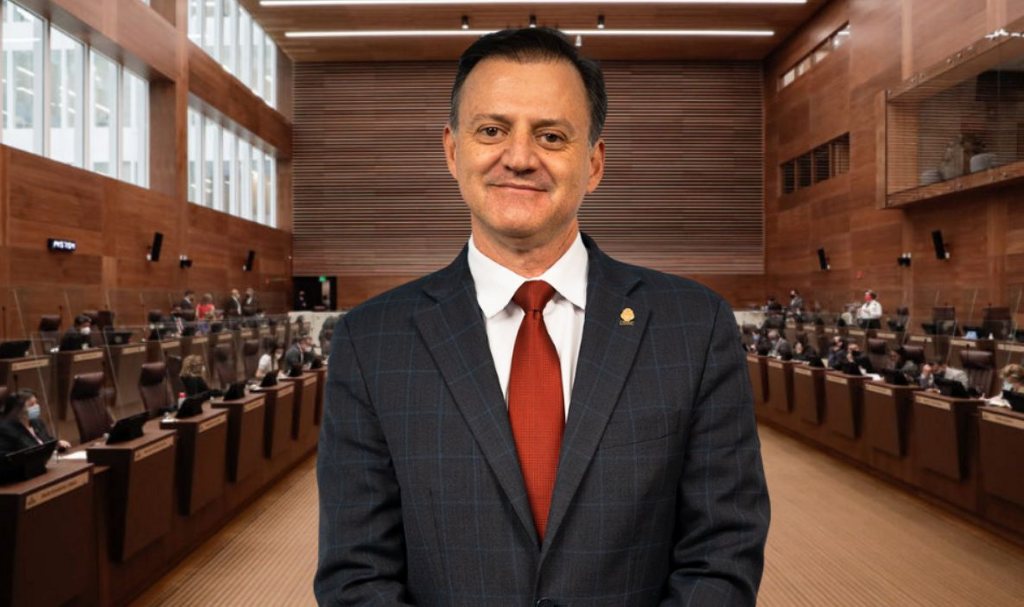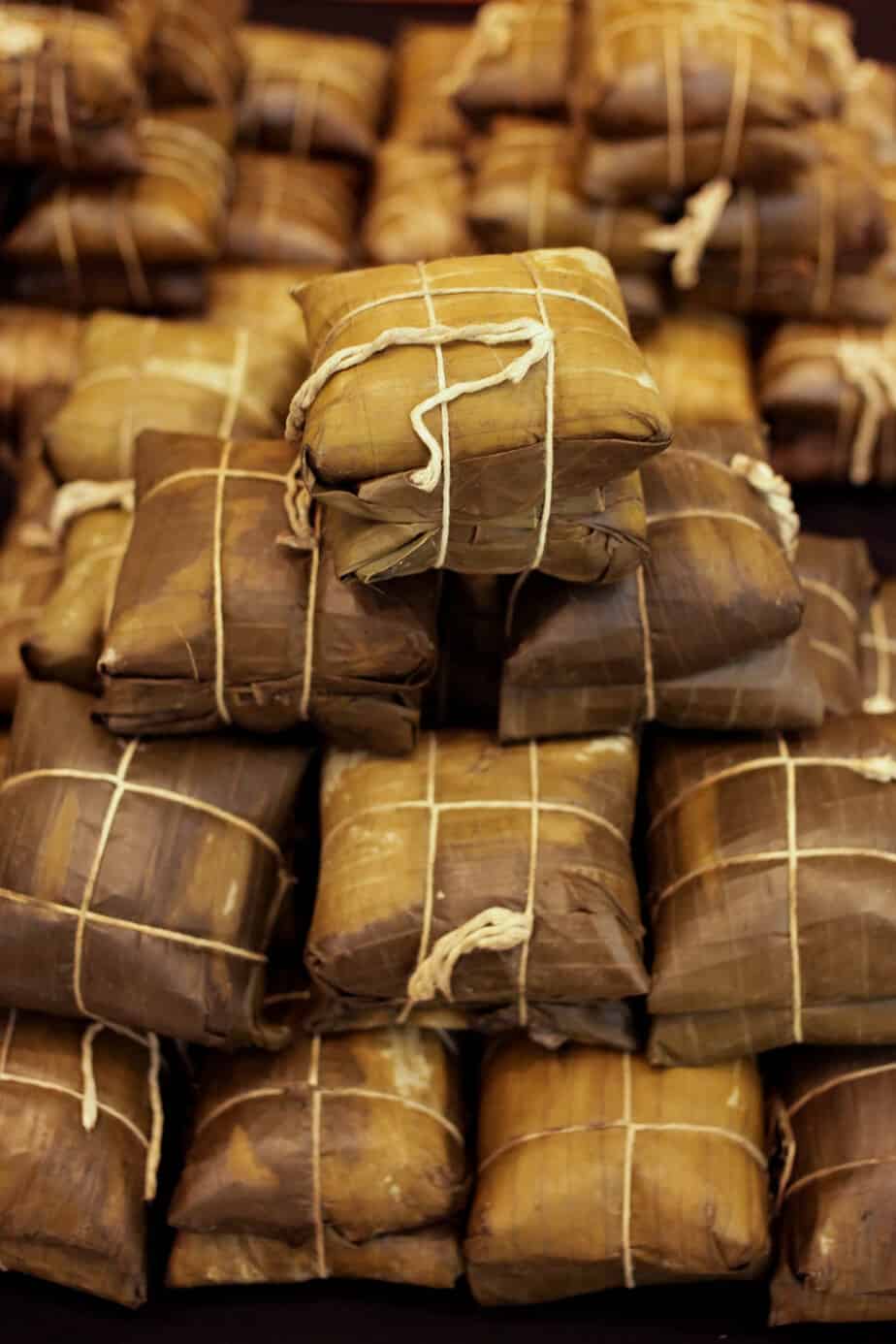With a walk, ceremonies, dances, music, and a demonstration of the ancestral ball game, indigenous people commemorate this Saturday in a Mayan village in Guatemala the 500 years of “resistance” after the colonization of Spain.
The activities began with a walk by the indigenous peoples of Guatemala, El Salvador, and Honduras from the center of the municipality of Tecpán (west) to the archaeological site of Iximché in a “counter-celebration” for the arrival in Guatemala of the first expedition of Spanish conquerors in 1524.
During the day, the indigenous groups made a “journey through the historical memory of the 500 years of struggle” in Iximché, the ancient Mayan city where the Spanish conquerors founded the first capital of Guatemala.
In that city, the descendants of the Mayans danced to the rhythm of marimba music at the edge of a fire circle made with dozens of colored wax candles where they burned tree resins.
“We are commemorating 500 years of resistance. It was a cruel and violent invasion,” said Pakal Rodríguez, a member of Kaqchikel Taq Molaj, one of the Guatemalan indigenous entities organizing the commemoration.
“Today we are not celebrating 500 years; today we are commemorating the memory of our ancestors. 500 years ago, the great massacre began, the invasion of these territories,” lamented Marco Tulio Pichiya, an indigenous member of the organization Ralk’wal Pa Tz’iya’. “Racism, discrimination, genocide, the great massacres are not celebrated (…), we are in resistance as indigenous peoples,” he insisted.
He recalled that this city was burned by the Spanish conqueror Pedro de Alvarado and criticized the activities organized by the local municipality to celebrate the arrival of the Spanish. “Those attitudes, those actions are truly a shame,” he said.
Meanwhile, Ixmukane Álvarez, from the same entity as Pakal, said that it is necessary “to make these journeys of memory to thank and honor the struggle of our grandparents.” “We believe it is necessary to talk about the trauma of the invasion to begin healing the entire population,” he said.
Álvarez thanked the grandparents because “they have taught us the path of never giving up above the pain, above the suffering; we always have hope, we always have joy, we always fight for life.”
Source link
AFP



